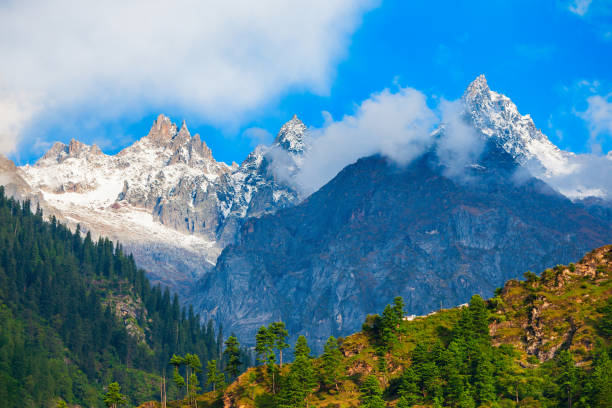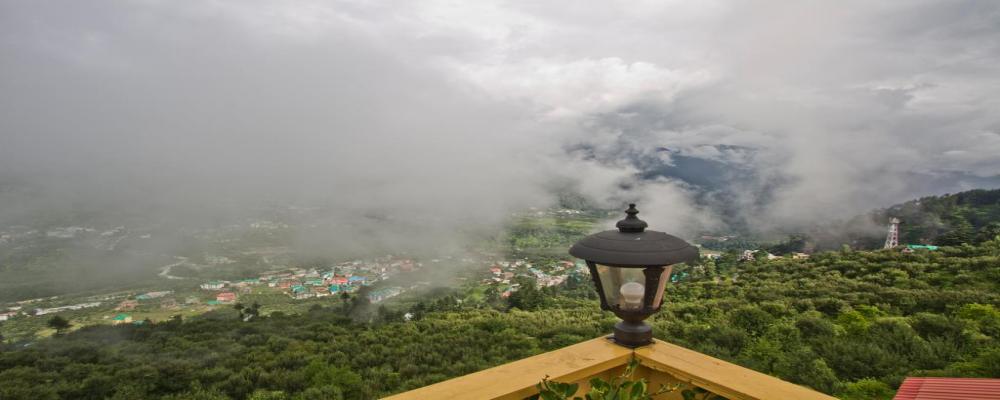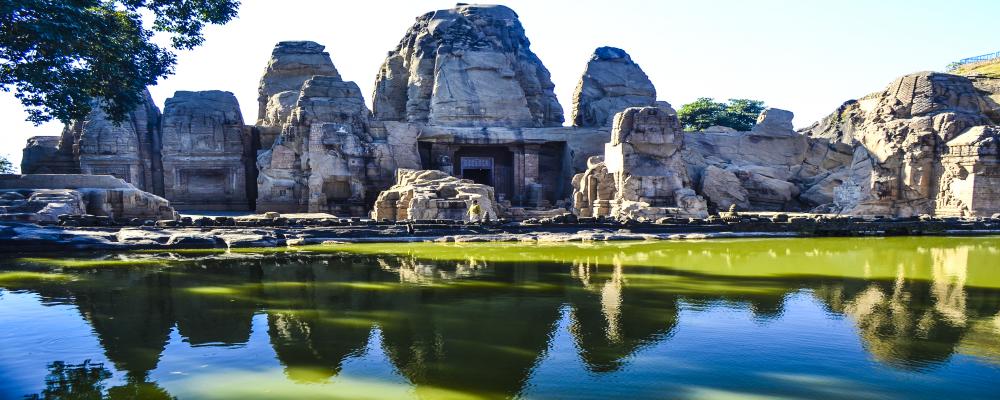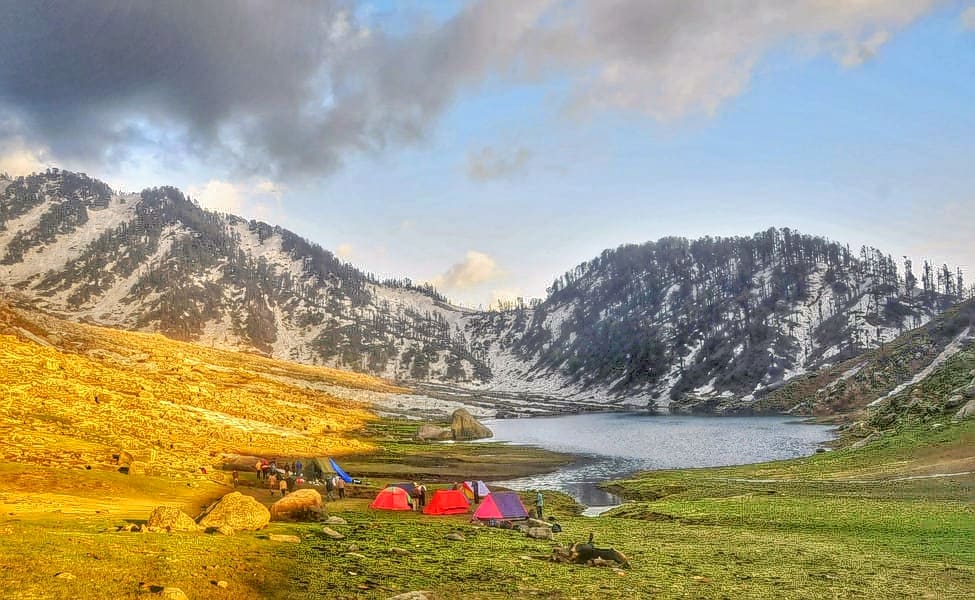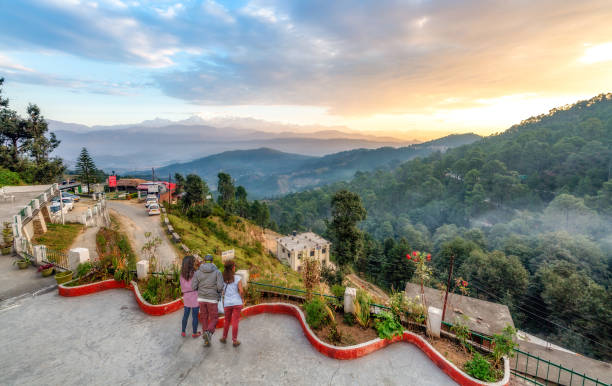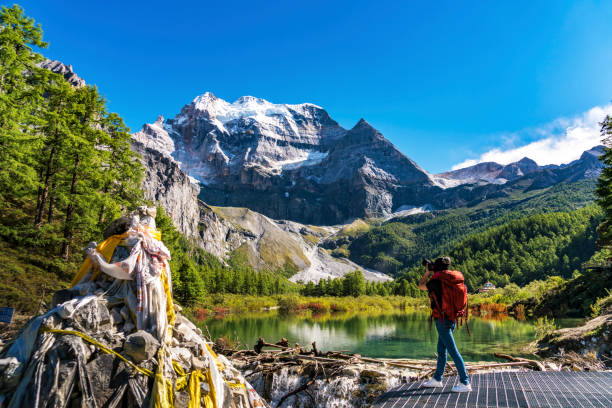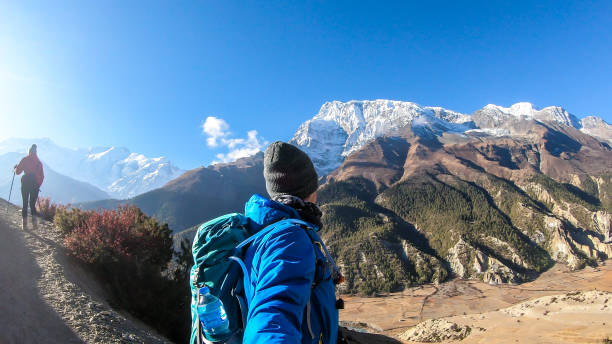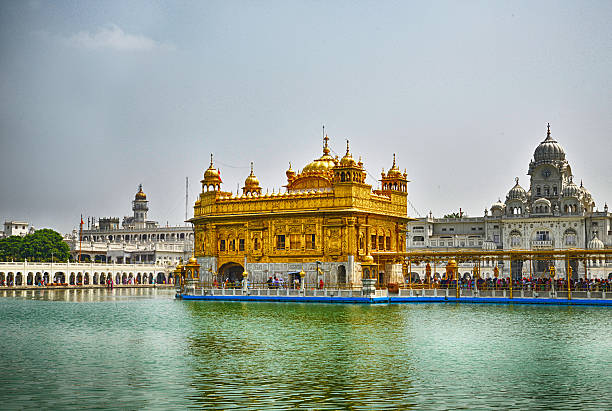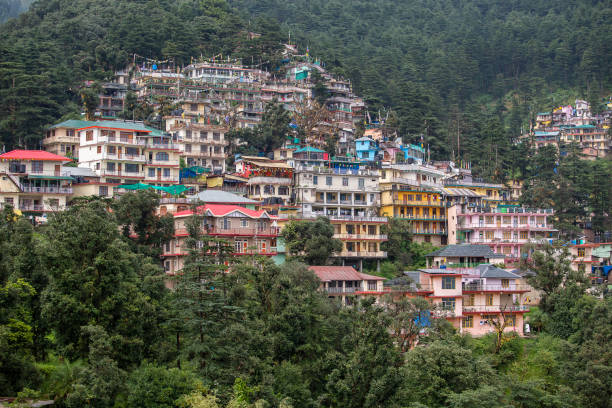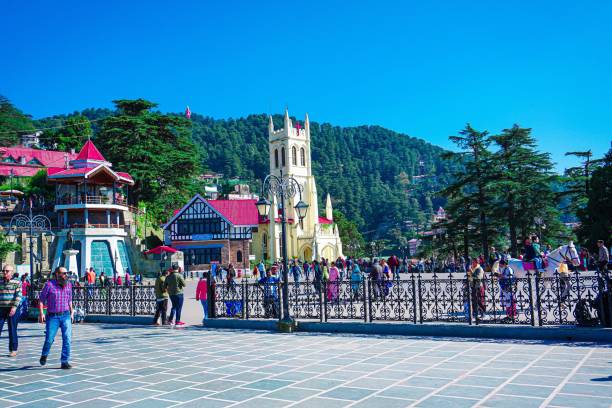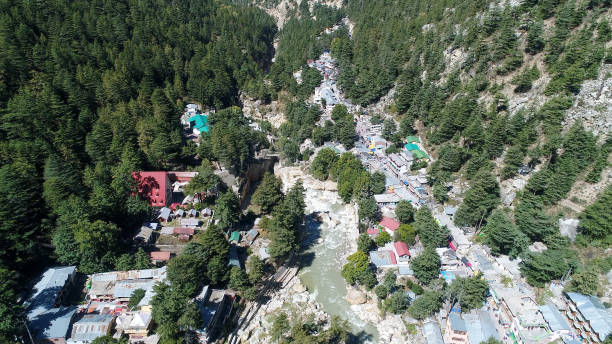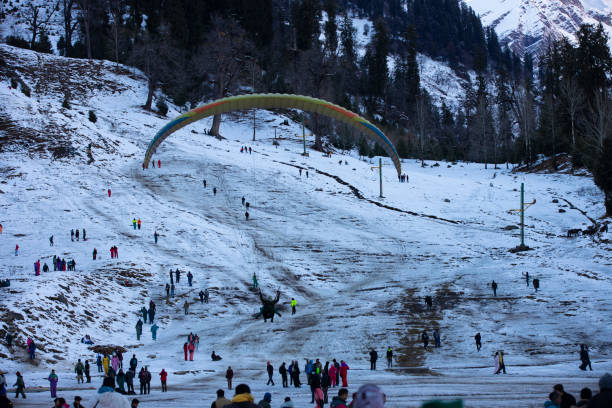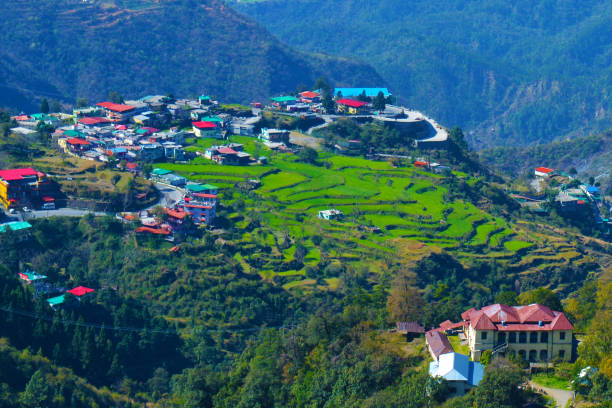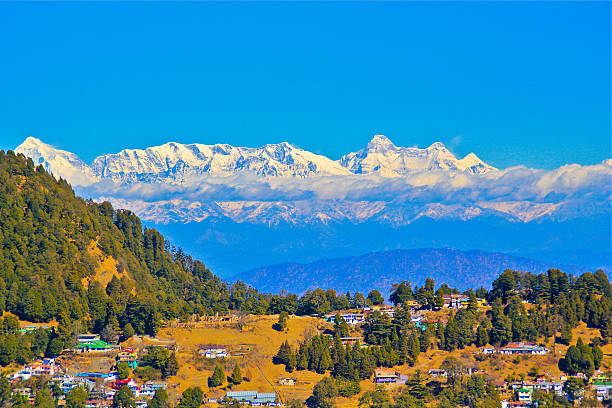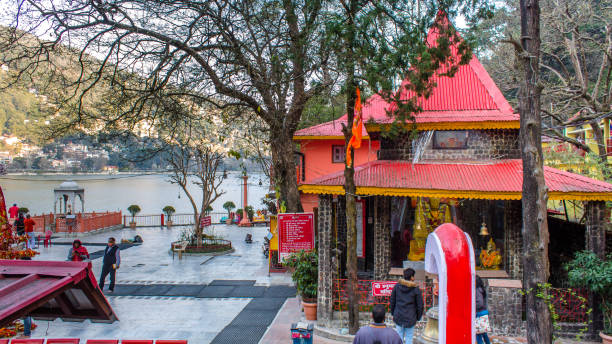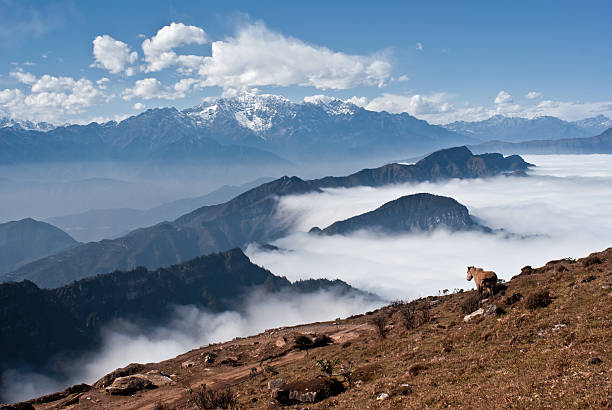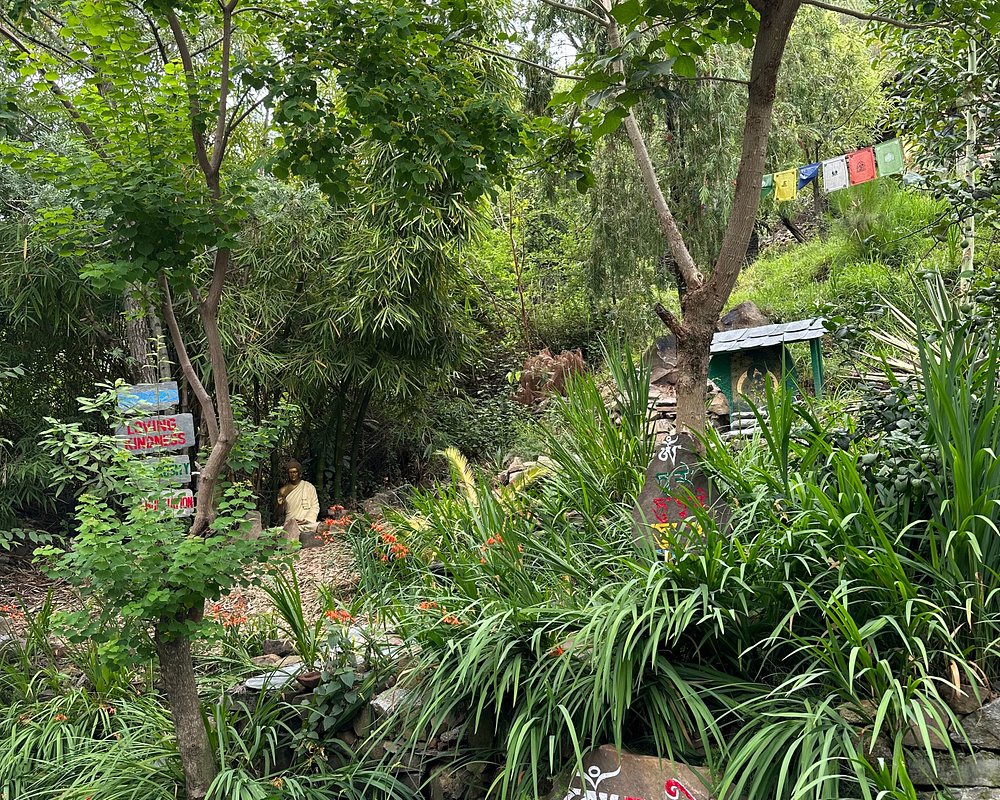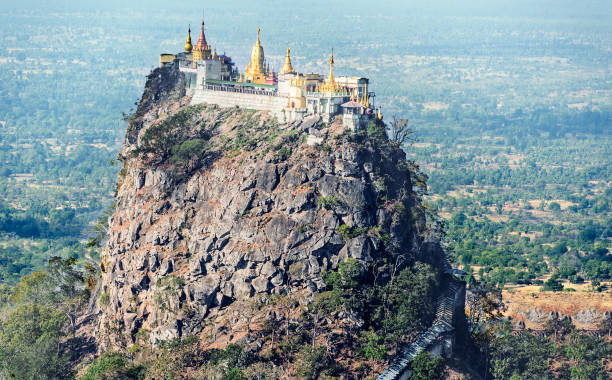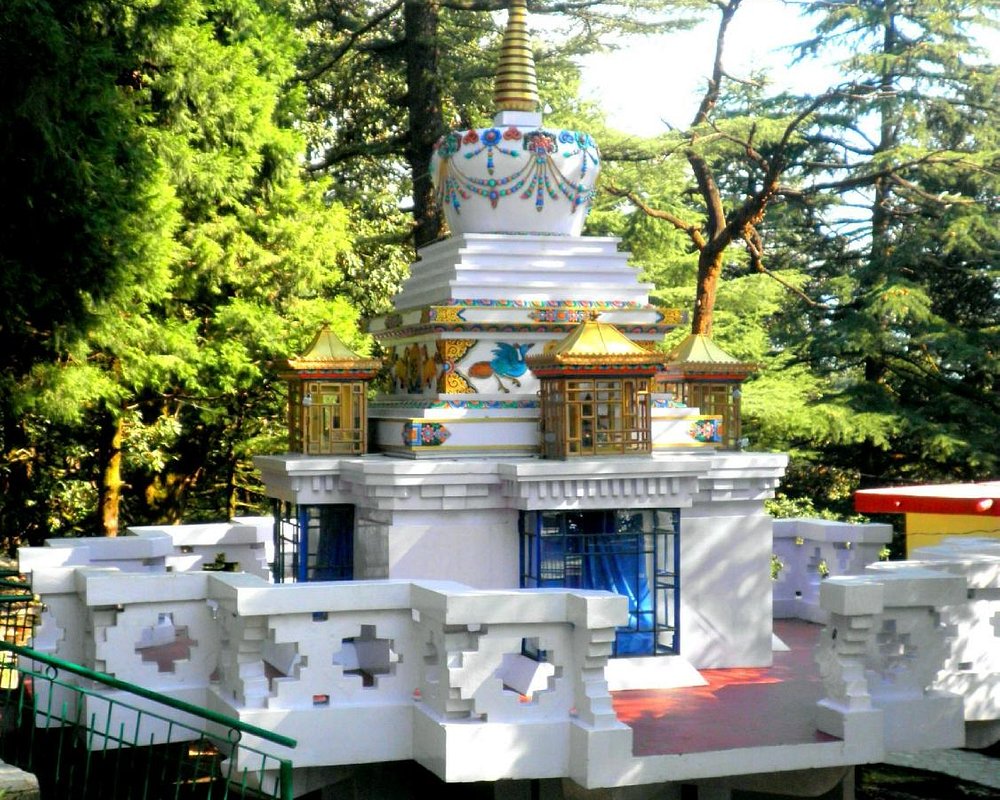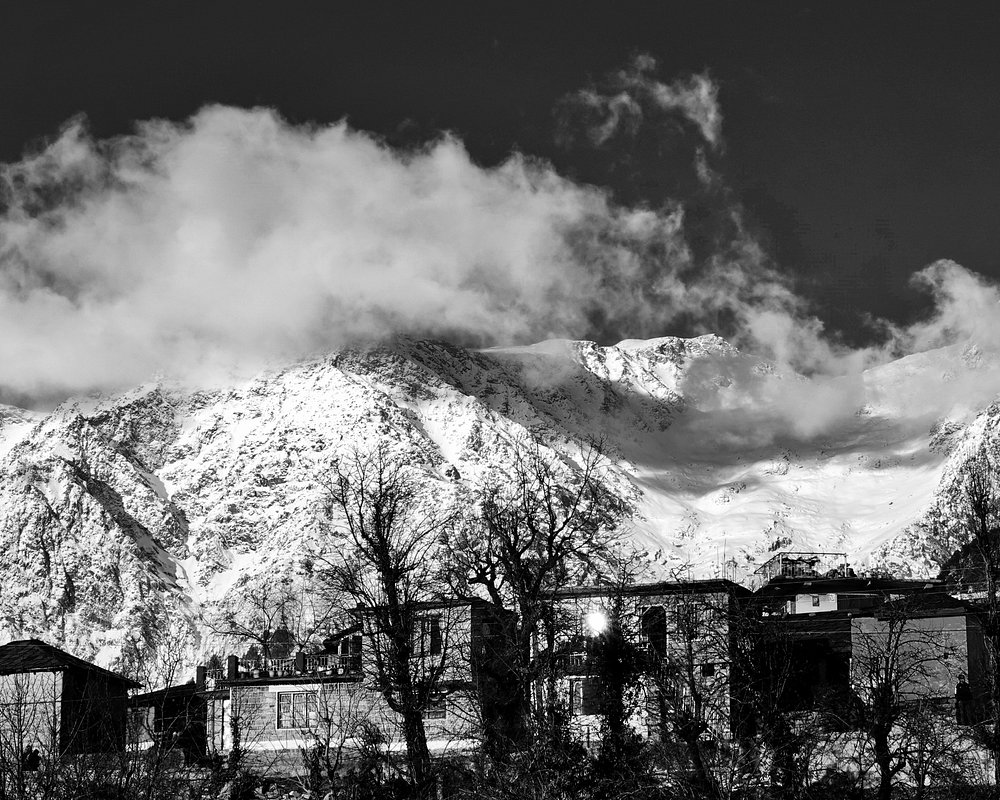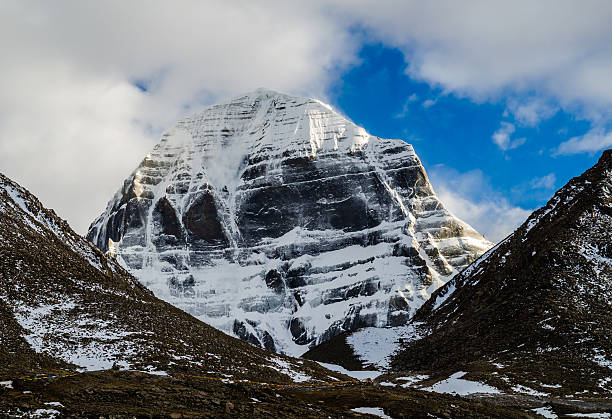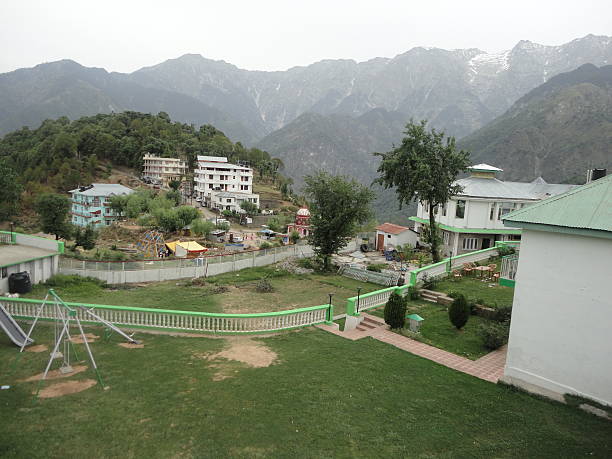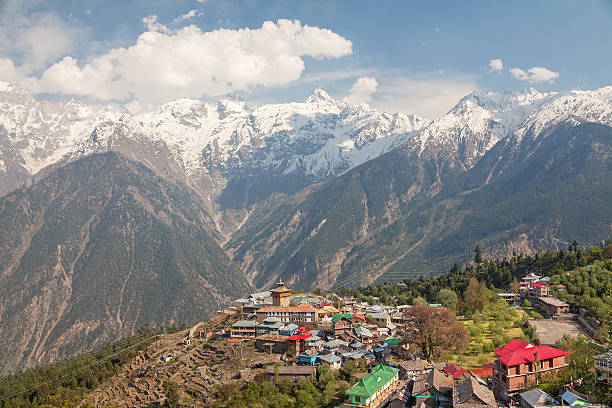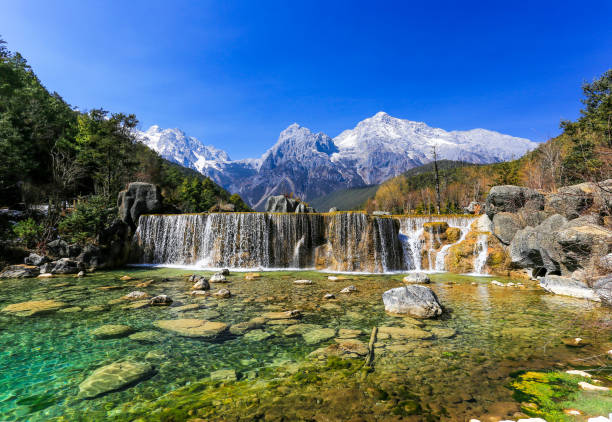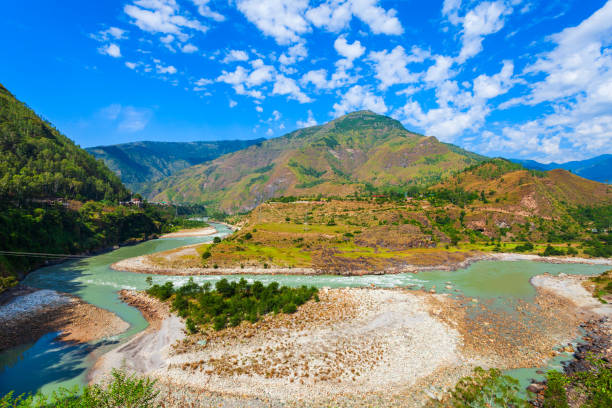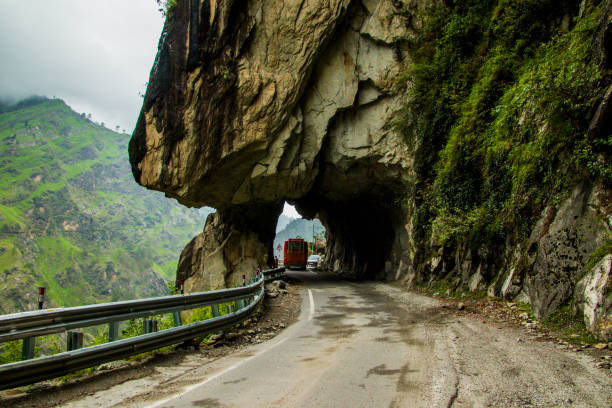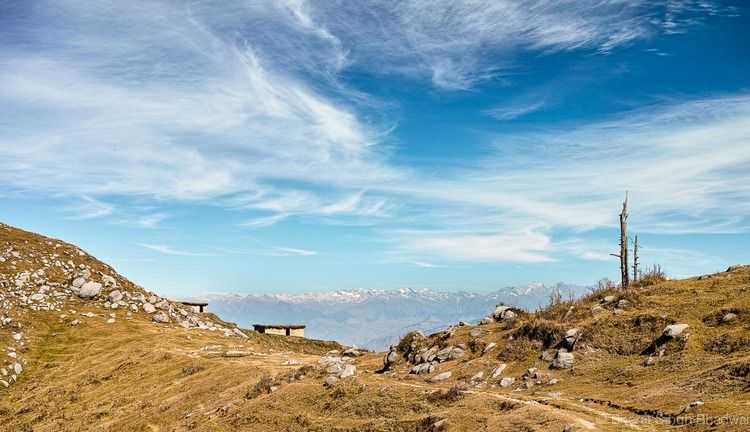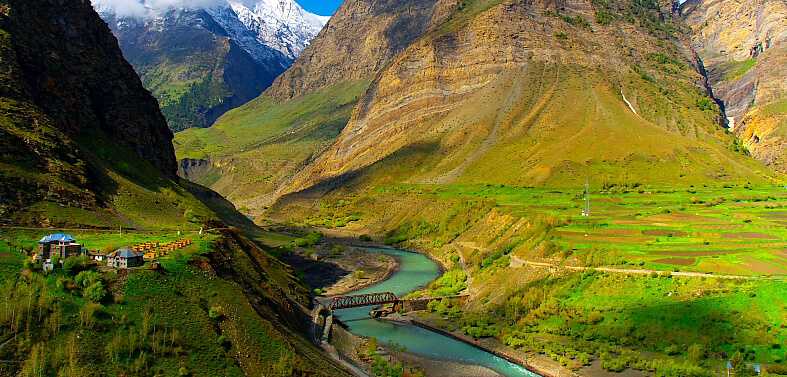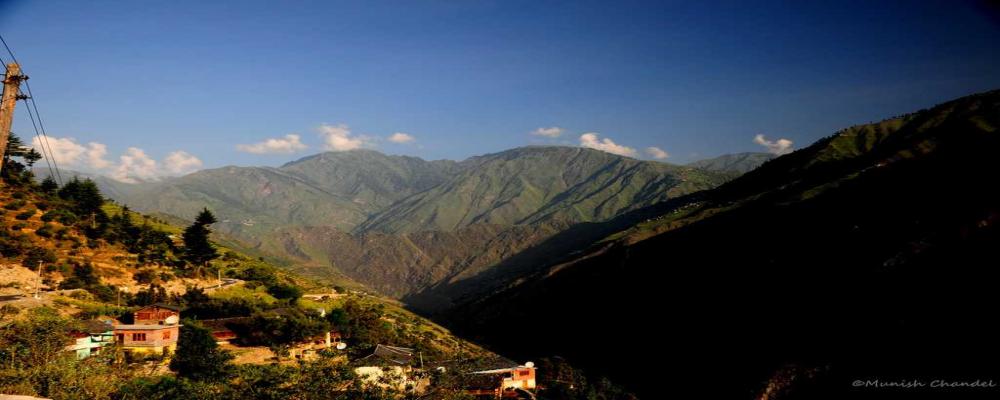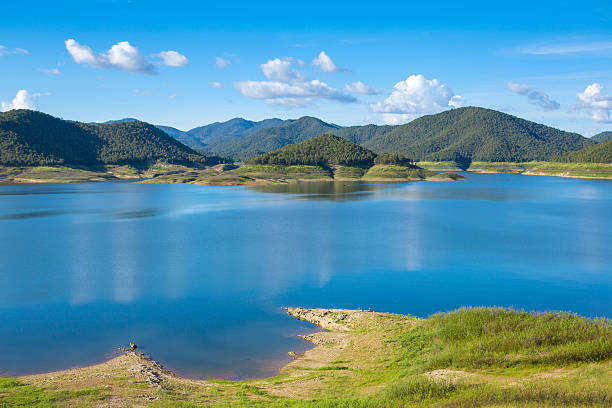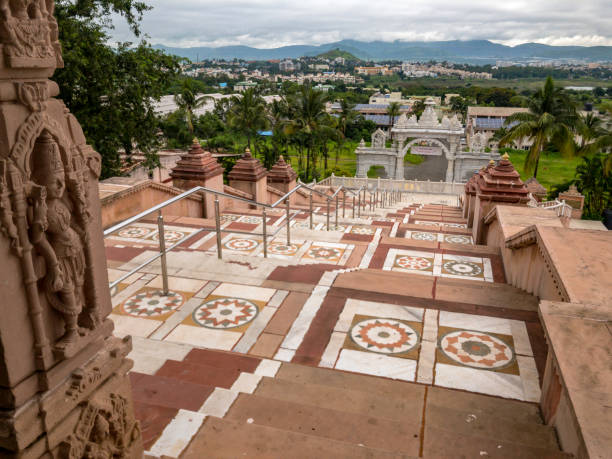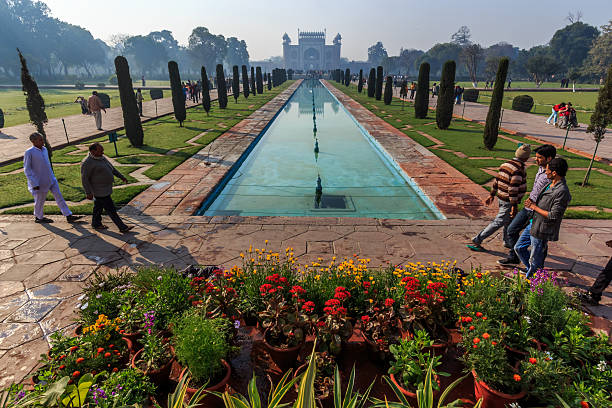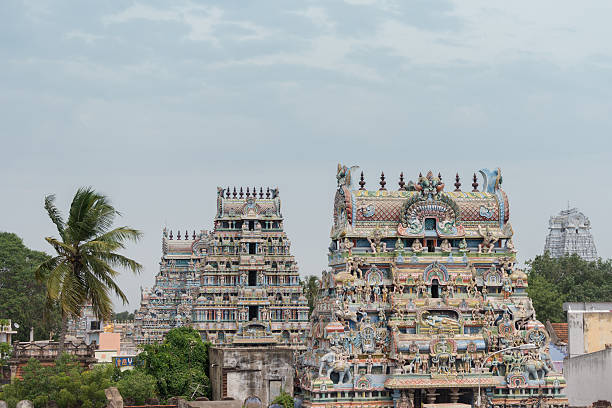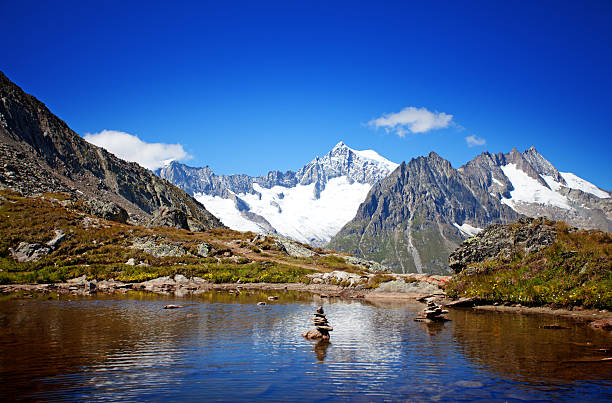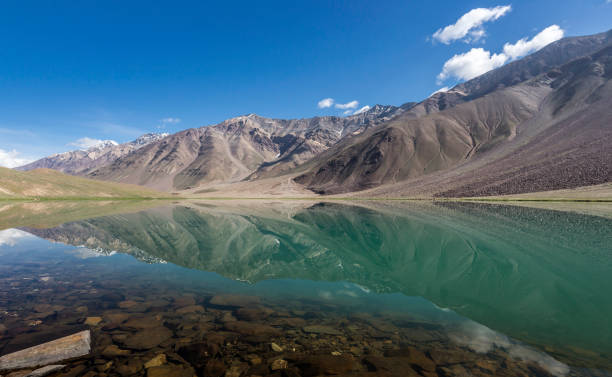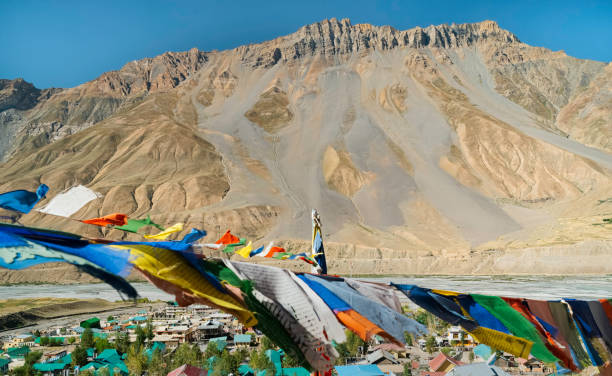Itinerary
The Dalai Lama is the spiritual leader of Tibetan Buddhism and is considered one of the most influential figures in Tibetan culture and Buddhism worldwide. Here are some key details about the Dalai Lama:
1. Background: The title "Dalai Lama" is a combination of two Mongolian and Tibetan words, with "Dalai" meaning "ocean" and "Lama" meaning "teacher." The Dalai Lama is believed to be a reincarnation of Avalokiteshvara, the Bodhisattva of compassion.
2. Reincarnation: According to Tibetan Buddhist beliefs, the Dalai Lama is the earthly embodiment of the compassionate bodhisattva. The Dalai Lama is believed to be reincarnated in a continuous line of succession, with each Dalai Lama recognizing his successor before passing away.
3. The 14th Dalai Lama: The current and 14th Dalai Lama is Tenzin Gyatso. He was born in Taktser, Amdo, in northeastern Tibet, on July 6, 1935. He was recognized as the Dalai Lama at the age of two and began his formal religious and political training.
4. Political Role: The Dalai Lama traditionally held both spiritual and political leadership in Tibet. He served as the head of the Tibetan government, known as the Ganden Phodrang, and led the Tibetan people in both spiritual and secular matters. However, in 2011, the Dalai Lama relinquished his political responsibilities to the elected Tibetan government-in-exile (Central Tibetan Administration) and transitioned to a purely spiritual role.
5. Exile: In 1950, the People's Liberation Army of China entered Tibet, and by 1959, the 14th Dalai Lama, fearing for his life and the security of Tibetan Buddhism, fled Tibet and sought asylum in India. Since then, he has resided in Dharamshala, India, and established a government-in-exile to represent the Tibetan diaspora.
6. Teachings and Activism: The Dalai Lama has been a prominent advocate for nonviolence, human rights, and the preservation of Tibetan culture and Buddhism. He has traveled the world, giving teachings, lectures, and public talks on subjects related to compassion, ethics, and inner peace.
7. Nobel Peace Prize: In 1989, the Dalai Lama was awarded the Nobel Peace Prize for his nonviolent struggle for the liberation of Tibet and his efforts to promote human rights and intercultural understanding. He continues to be an important voice for peace and global ethics.
8. Global Influence: The Dalai Lama's teachings and philosophy have gained a global following, transcending religious and cultural boundaries. He is known for his emphasis on compassion, interfaith dialogue, and the promotion of universal values.
9. Future Reincarnation: The Dalai Lama has indicated that he may not be reincarnated after his passing, or that his reincarnation may occur outside of Chinese-controlled Tibet to preserve the religious and cultural traditions of Tibet. This has been a point of contention with the Chinese government, which has asserted its right to approve the selection of the next Dalai Lama.
The Dalai Lama is a revered figure, both within Tibetan Buddhism and in the broader global context, known for his commitment to peace, compassion, and the preservation of Tibetan culture and spirituality. His life and teachings continue to inspire people worldwide.
CREDIT -- CHANDRA KANT

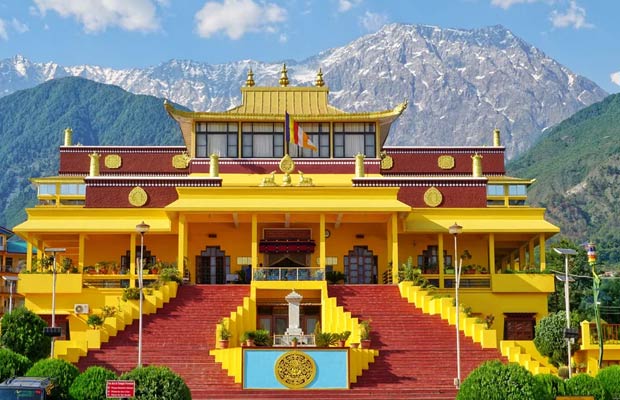
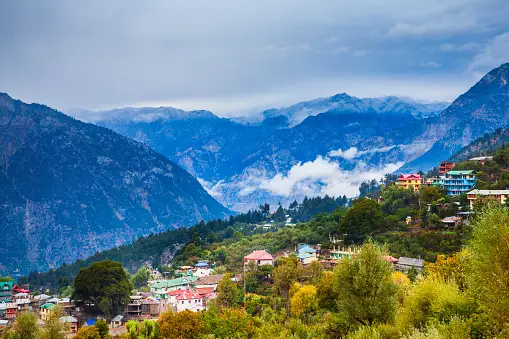
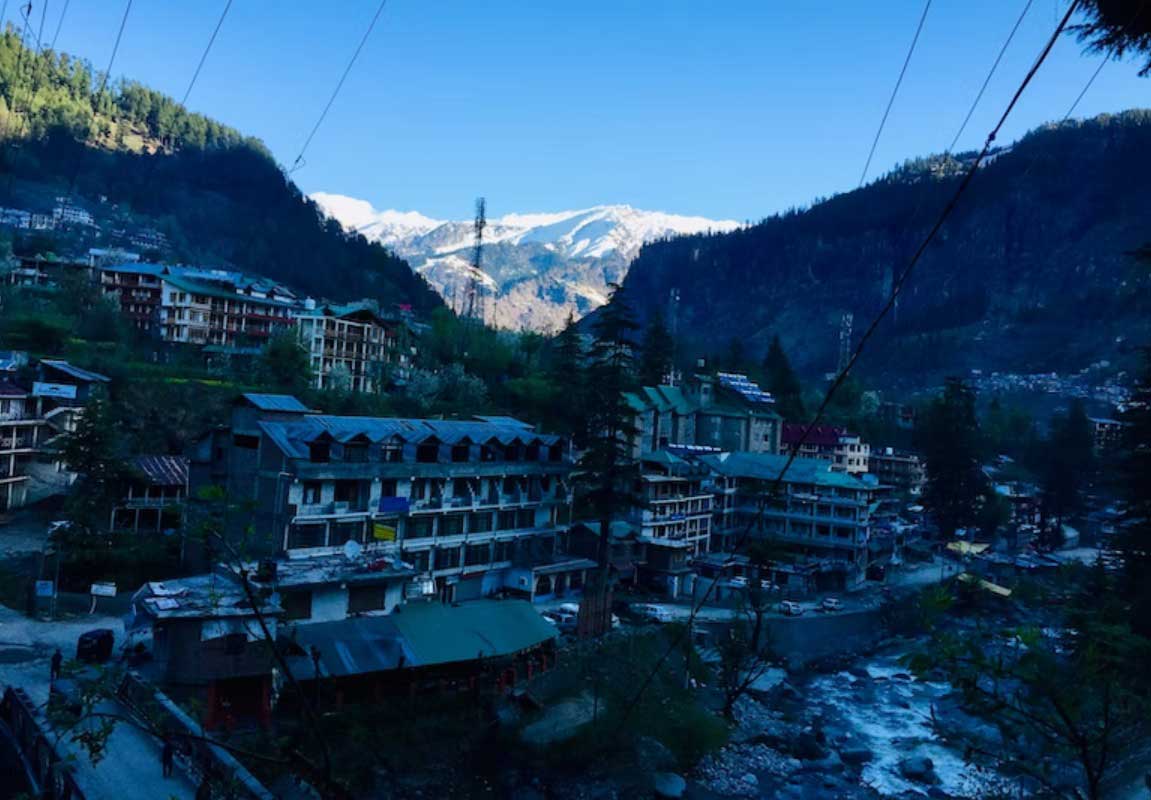
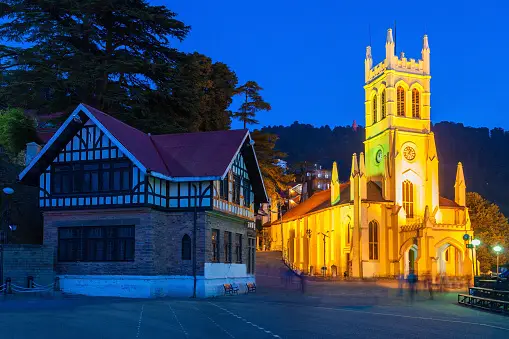
.jpg)
.jpg)
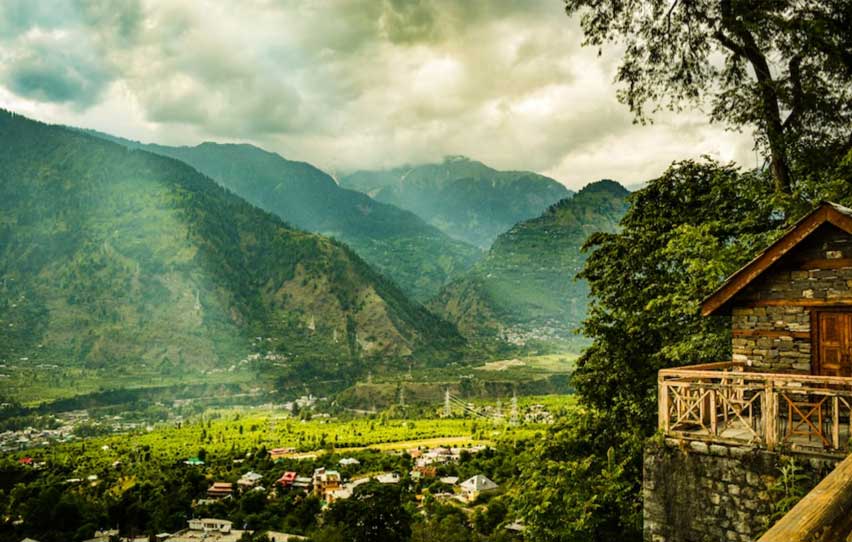
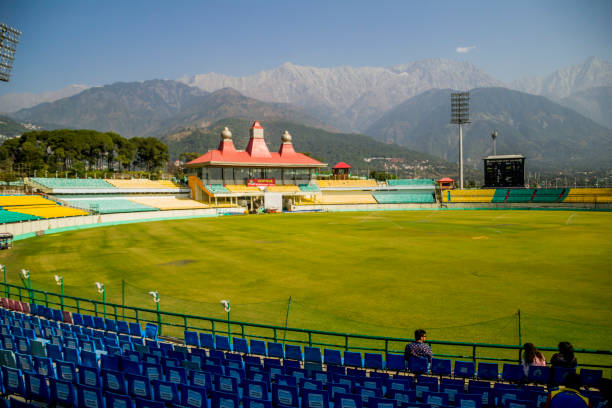
.jpg)
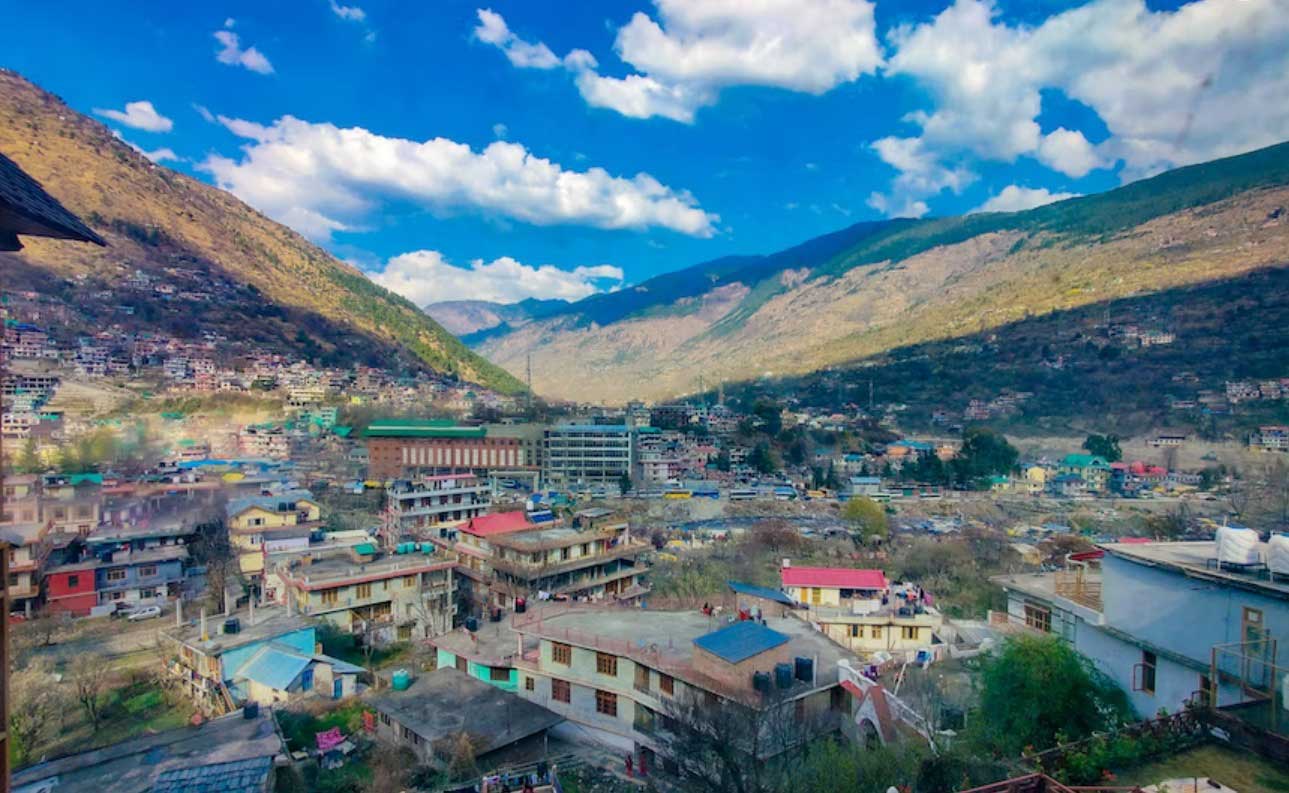
.jpg)
